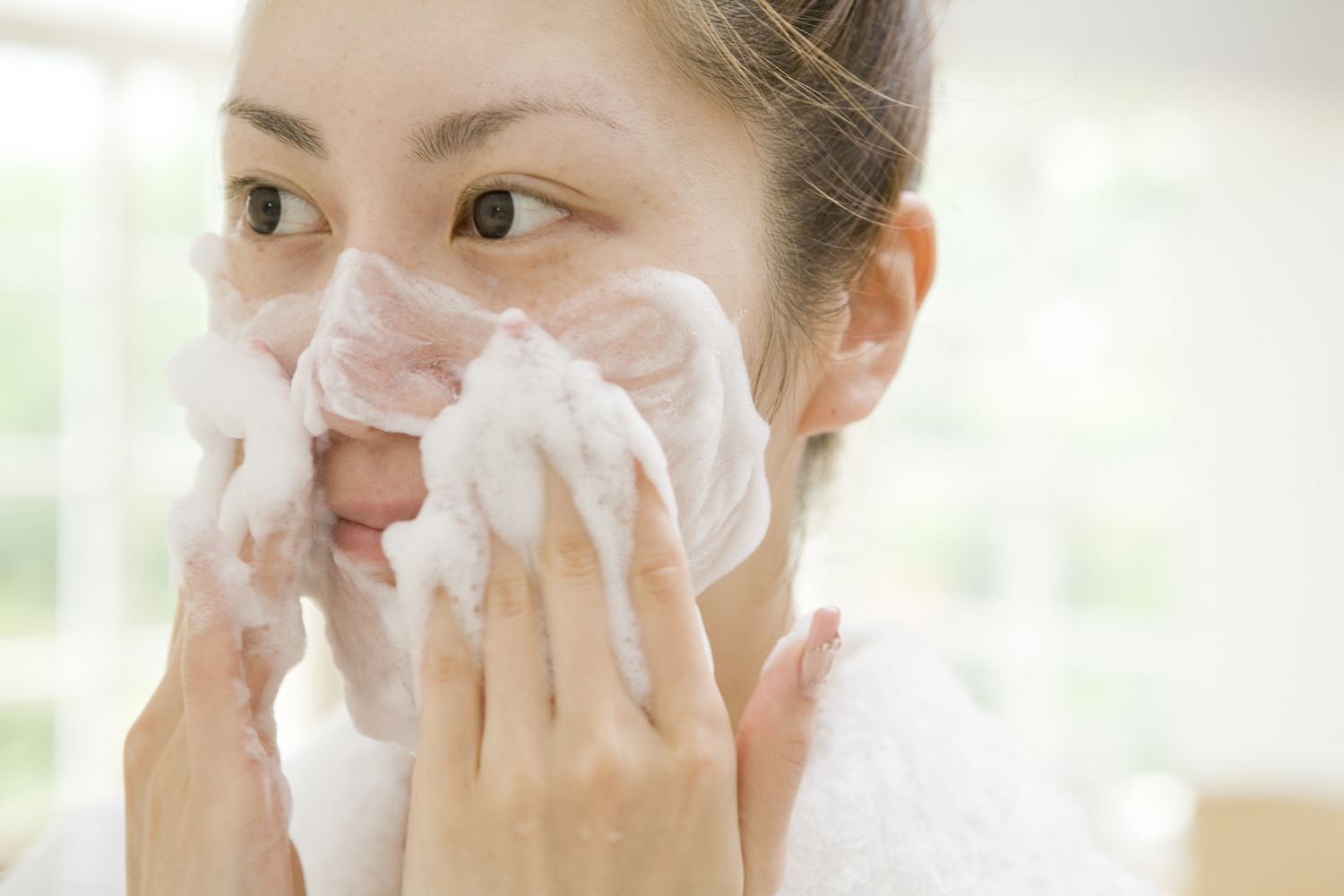Body modifications, such as tattoos and piercings, have become increasingly popular forms of self-expression. While these alterations can be exciting and empowering, they may pose risks for individuals with allergies. Allergic reactions can range from mild irritation to severe complications. In this article, we will explore how to safely manage allergies when considering or maintaining body modifications.
Understanding Allergies
Before diving into the specifics of managing allergies in the context of body modifications, it’s crucial to understand what allergies are. Allergies occur when the immune system reacts to substances it perceives as threats. These substances, known as allergens, can trigger various symptoms, including skin rashes, itching, swelling, and even anaphylaxis in severe cases.
Research and Consultation
1. Choosing a Reputable Artist or Piercer
When contemplating body modifications, research is key. Look for tattoo artists and piercers who have a reputation for using high-quality materials and adhering to strict hygiene standards. Buy tattoo cartridges from reputable suppliers known for their sterile products.
2. Consult with Professionals
Before proceeding, consult with both your allergist and the artist or piercer. Discuss your specific allergies and sensitivities to ensure that you can safely undergo the procedure. They can recommend materials and inks that are less likely to trigger allergic reactions.
Material Matters
- Hypoallergenic Materials
Opt for hypoallergenic jewelry and ink. For piercings, surgical-grade stainless steel, titanium, or niobium are good choices. These materials are less likely to cause allergic reactions. When getting a tattoo, inquire about the ink ingredients, ensuring they are hypoallergenic and free from common allergens.
- Patch Testing
Consider a patch test to determine your skin’s reaction to certain materials or inks. This can be particularly beneficial if you have a history of allergies or sensitivities. The test involves applying a small amount of the material or ink to your skin and monitoring it for a few days.
Aftercare and Allergy Management
- Proper Aftercare
After getting a piercing or tattoo, following proper aftercare instructions is crucial. Keep the area clean and avoid touching it with dirty hands. Use recommended cleaning solutions and avoid products that may contain allergens, such as fragrances or harsh chemicals.
- Monitor for Reactions
Be vigilant about any signs of an allergic reaction. This may include redness, excessive swelling, itching, or a rash around the modified area. If you suspect an allergy, consult your allergist and the artist or piercer immediately.
Long-Term Care
- Regular Checkups
Schedule regular checkups with your artist or piercer to ensure your modification is healing properly. They can address any concerns and monitor for signs of complications.
- Allergen Avoidance
As you maintain your body modification, continue to be mindful of allergens. Avoid products that may contain substances you are allergic to, such as certain types of lotions or cleaning agents.
Conclusion
Body modifications are a powerful form of self-expression, but they should be approached with caution if you have allergies. Research, consultation with professionals, and careful material selection are essential steps in ensuring your safety.
Remember to buy tattoo cartridges from reputable suppliers, opt for hypoallergenic materials, and closely monitor your body for any allergic reactions. With proper care and attention, you can enjoy your body modification safely and confidently.








